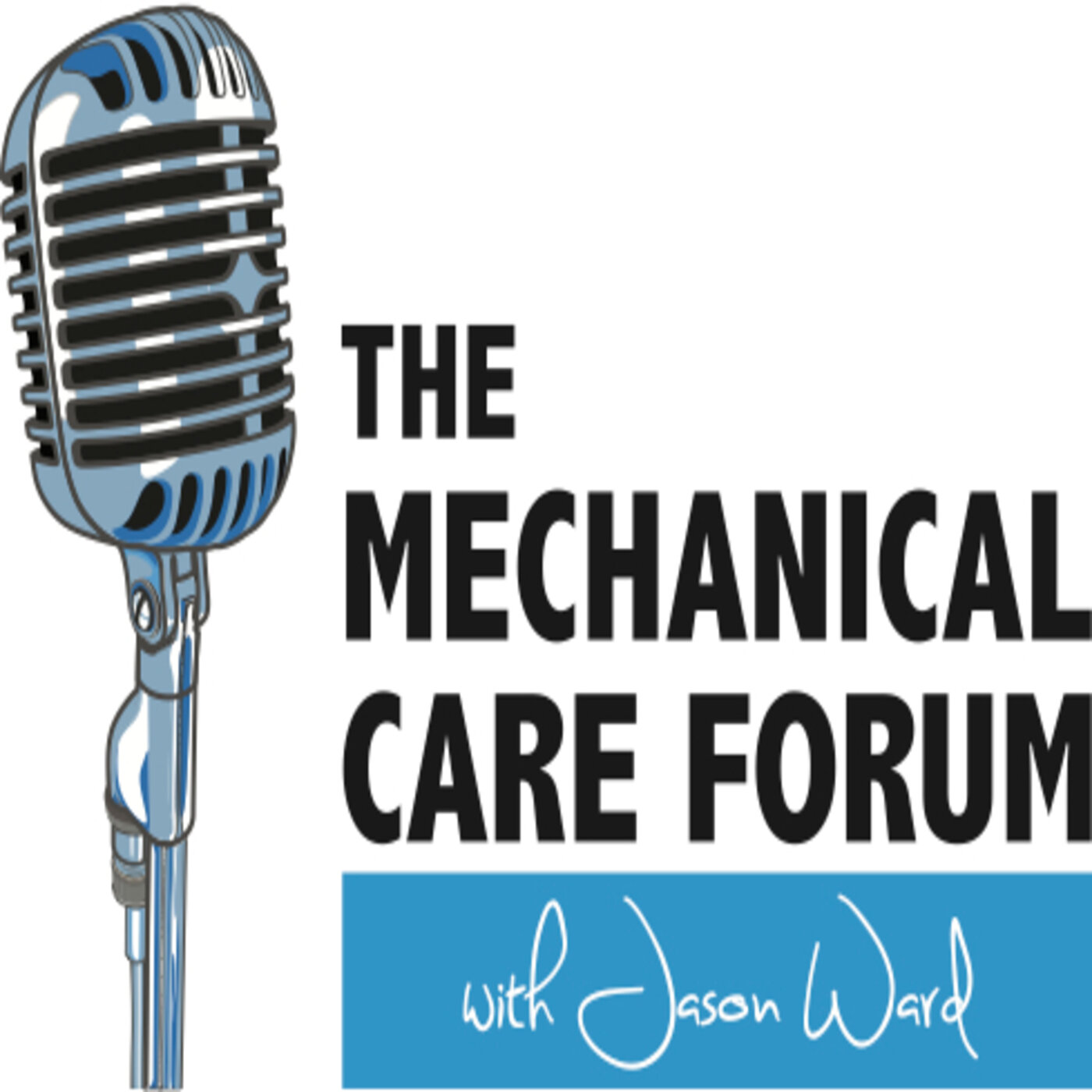Mark Werneke
USA | PT, Dip. MDT
SHOW NOTES
(by Jayla Hall)
(2:00)
Personal and Professional Backgrounds
Mark Werneke is a husband and a father to two children. Being an avid surfer, Werneke trains regularly to surf safely during his stays in Hawaii.
Werneke is a full-time clinician and physical therapist at CentraState Medical Center in Freehold, NJ. He is interested in collecting data and outcomes to guide patient management; and he is presently involved in MDT research network using risk-adjusted FOTO outcome data to investigate the principles of the McKenzie Method of Mechanical Diagnosis and Therapy in connection with the biopsychosocial (BPS) model. Werneke has presented both nationally and internationally on topics relating to back pain classification and treatment, centralization phenomena and directional preference, as well as psychosocial screening for spinal patients.
Werneke is an active reviewer for multiple journals, and he has authored and co-authored over forty peer-reviewed articles.
(5:15)
Robin McKenzie and Gordon Waddell’s Shared Philosophy
Reflecting upon the late 1980’s, Werneke recalls the similarity between Robin McKenzie and Gordon Waddell’s works. The likeness of their system of thought concerned an active treatment approach, patient reassurance and education, as well as self-care management strategies for the patient. These essential principles were brought forth in order to avoid excessive healthcare use and dependency upon practitioners.
Quotes:
“I always considered [Robin to be] the first biopsychosocial physical therapist.” –Werneke
“Help patients to help themselves.” –Werneke
(7:05)
Given his numerous years of clinical practice and research study, Werneke provides advice to the clinician:
“Learn the skills of coaching a patient versus trying to fix patients.” –Werneke
(8:05)
What are one of the greatest challenges/obstacles for the conservative mechanical care clinician? What should be our immediate action?
Werneke answers, “Containing healthcare costs.”
“Considering the rising cost of healthcare and co-payments for our patients,...there’s a critical and immediate need to educate consumers on choosing the most effective and efficient providers or treatments available to help them restore their function and quality of life.“ –Werneke
(10:15)
Practice-Based Research
“Practice-based research is the ability to [apply scientific literature and] clinical expertise [to the] direct care [of] the patient.” –Werneke
“To be a competent rehab professional, you have to know the science [and] collect data, integrate [these components], then apply them to the patient while [understanding] the patient’s [psychosocial aspects], values, and goals.” –Werneke
(12:05)
What is our primary strength which makes us well-positioned to be successful in clinical care and the healthcare system?
Centralization;
Directional preference
(15:55)
A Memorable Patient Story
Werneke bases his comments on prior, consistent patient feedback that he has received:
“Patients frequently tell me that no one has ever examined or listened to them in such detail before.”
“Patients are also amazed at how quickly they improve, or how quickly they’re told ‘Hey, we can’t help you; you’re not a candidate from mechanical intervention’ [and the reason behind this assertion].”
(17:50)
Clinical Analogies to Clarify MDT Principles
Teach patients to brush their back like they brush their teeth. Posture and movement programs and strategies—when used properly—can prevent recurrence like teeth brushing can prevent cavities.
(19:05)
Best Advice
Werneke quotes a long-term friend and professional colleague, Dennis Hart:
“‘In God we trust. Everyone else bring data.’”
Referring to the typical debates occurring at national and international conferences, Werneke remarks:
“Instead of giving me your opinion, bring your data to the table; and the one with the largest data set analyzed correctly wins.” –Werneke
Quote:
“I’ve been hooked on data to improve my patient care ever since.” –Werneke
(20:11)
Werneke’s Clinical Resources
Focus on Therapeutic Outcomes (FOTO): https://fotoinc.com/
Reading the scientific literature
(25:55)
Personal Habits Contributing to Werneke’s Success
Perseverance;
A desire for life-long learning; and
Balancing physical and intellectual interests
We hope to deliver this content to the committed professional who wants to improve his/her care and we hope to do it in a way that is easily accessible, the world over, in today's technological age.
To contribute:
Give a 5-star review on iTunes;
Share EP #1 with a friend; and/or
Connect with us on the MCF Website and MCF Instagram page!
Thanks for your support!
